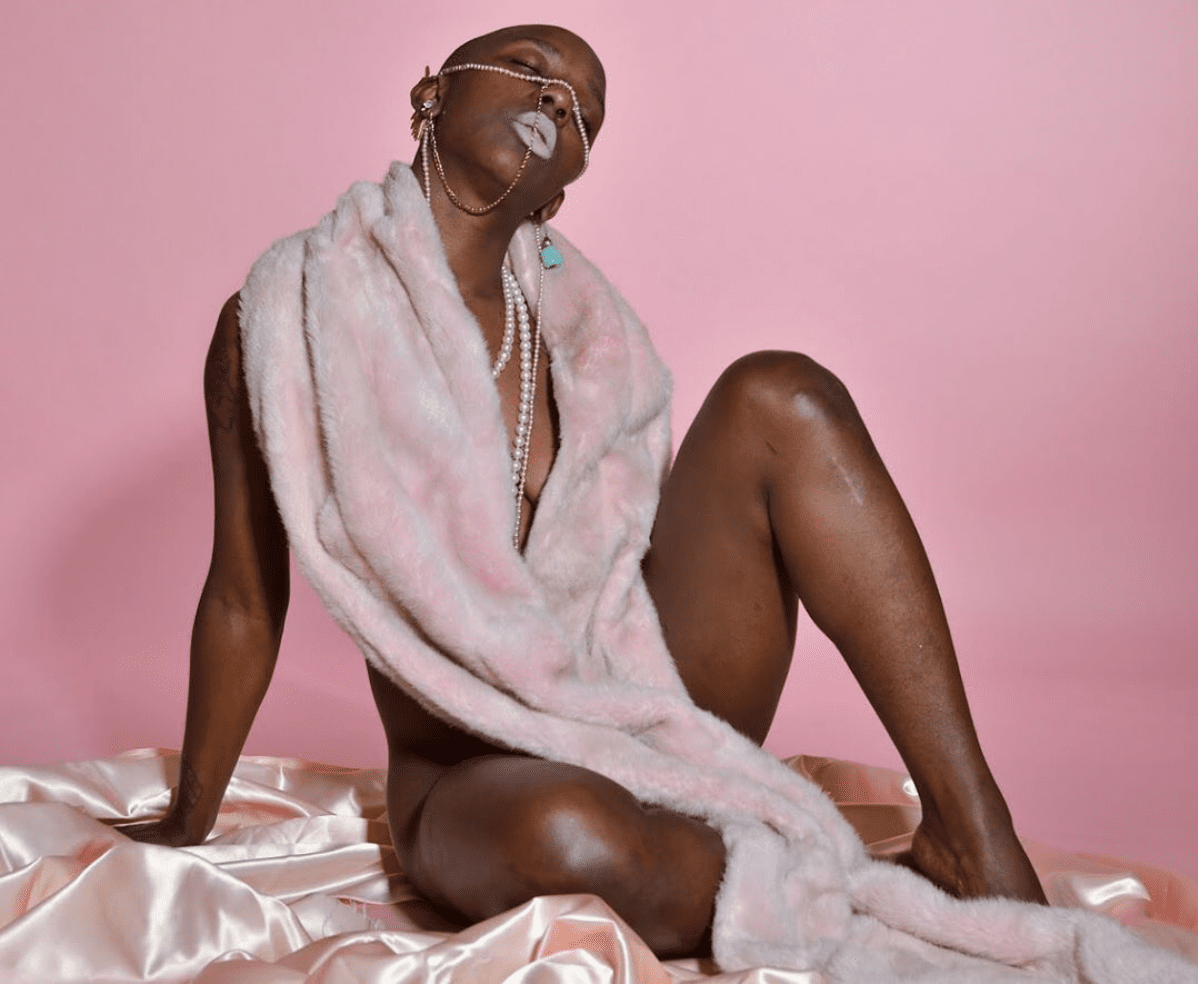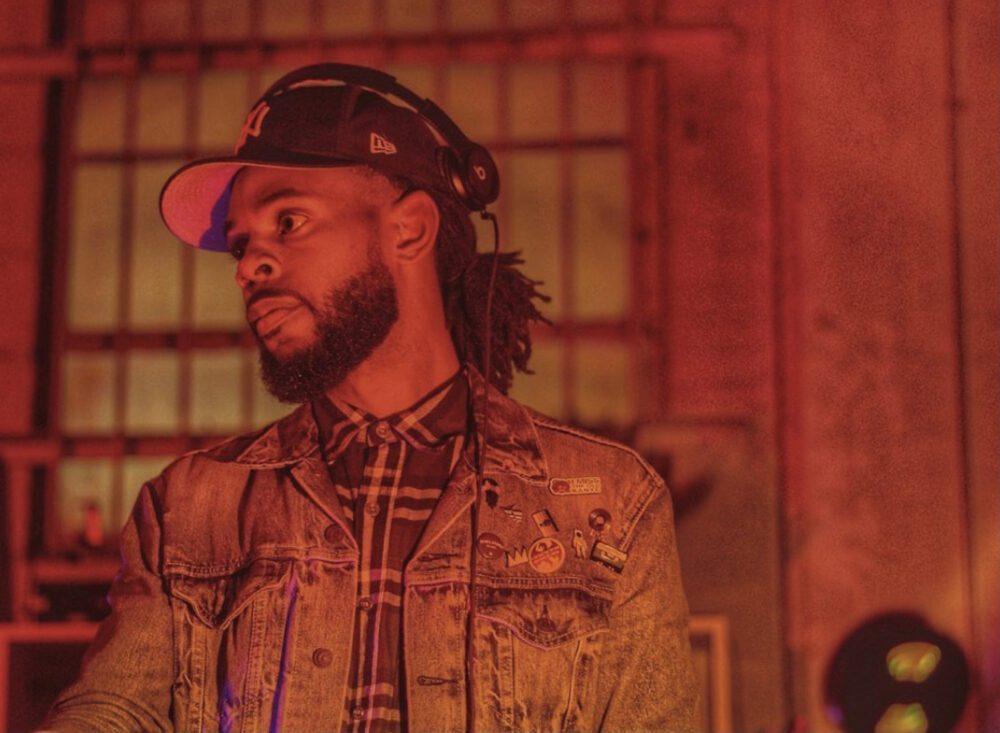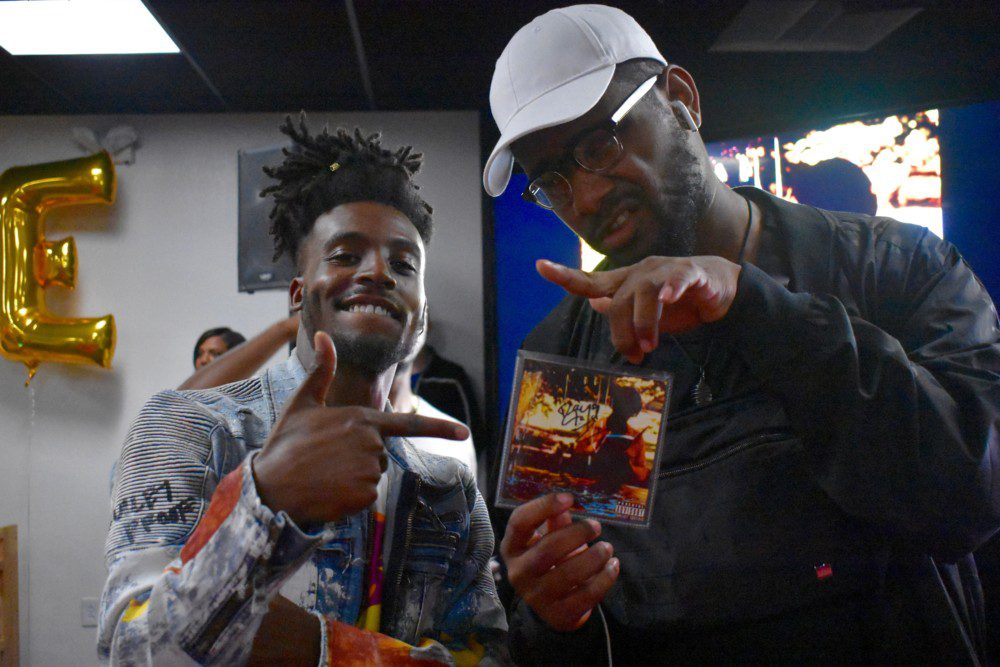

Aziza Love and her guitar take us on an adventure to find self-love on her debut solo album, Bare Soul. Drawing the listener in with power-punching intro, “Fake Friends,” all the way through the vulnerable “It Girl,” to the blues-tinged “Smooth Criminal,” Aziza takes each step of the way to create a space for herself—and us—as we marvel in awe at her journey.
“This whole album is me holding space for myself, for my healing,” she tells AudioFemme. Bare Soul took a year to create, with some of the songs written up to five years ago, and now that it’s out, Love can exhale a breath of relief. “I’ve put a lot of heart and soul and energy into music, in general,” she says. “I’ve experienced a lot of trauma in the past years and art and self-expression is the way I like to heal.”
Forming an album born out of hardship creates the incredible ability to shed light, offer love, and pave an inspiring path for others to follow. It is, however, not an easy task.
“It’s been a very over-stimulating process and a vulnerable process to have everybody getting a look at my bare soul,” says Aziza. “Some songs are more relevant now than I thought they’d be. Some songs I’ve healed a great amount through. I’ve been very honest with myself in where I am in my healing process, whereas before I hadn’t been, because I wasn’t speaking my truth.”
Although it wasn’t initially intentional, the Chase Watkins-produced record guides the listener through Aziza’s path of healing, as she confronts friendships, insecurities, addiction, relationship expectations, and love.
“In ‘Fake Friends,’ ‘It Girl,’ [and] ‘True Love,’ I’m seeing that the people around me—we aren’t on the same page. I’ve been hurt by x amount of people, I’ve internalized it, and now I have to realize that I’m worth it,” she explains. “’Remedy’ is me coping with alcoholism. And then going into the ‘True Love Reprise,’ it’s me asking what is meant to be, and what is truth?”
The album was recorded in a warehouse—while Aziza had a slight cold—which added an extra texture of transparency and rawness. She’ll follow up the project with a release event in Cincinnati next month.
Realizing the importance of self-expression and healing, the conversation turned toward the late Juice WRLD. The 21-year-old artist passed away last week after suffering a seizure, ending a long-fought battle with drug addiction and depression.
“This album—one—is to hold space for myself and—two—to really encourage everyone to speak their truth. It is liberating,” Aziza says. “And not just to speak it, but allow it to manifest into something beautiful. I think if we all really take the time to actually listen to each other and feel each other, we’ll have so much more compassion.”
Stream Bare Soul below.




